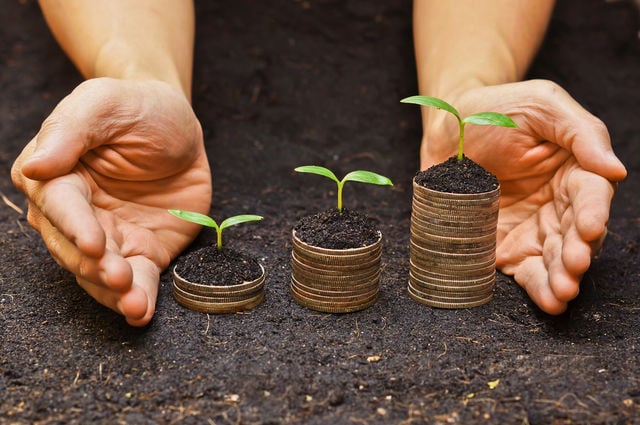Driving Resiliency and Sustainability in Hospitality: Five Priorities for 2021
23 experts shared their view
Recovery, resilience, recalibration, or bouncing back are a few examples of keywords that are at the center of any discussion surrounding the hospitality industry's economic prospects this past year. However uncertain the economic future may be, major crises of earth systems are unabated to date. While similarities exist between resiliency and sustainability (i.e. both concepts refer to the state of a system or organization over time in response to instabilities), there are notable differences, and conflicts, in the two concepts (i.e. achieving short-term economic resiliency at the expense of socio-environmental wellbeing). Looking forward, all eyes are on resiliency (growth!) in hospitality but how do we decouple growth from impacts, most notably carbon emissions? How do we ensure that sustainability is a component of resiliency (or vice versa)? What are the five priorities the hospitality industry should set to tackle resiliency and sustainability at the same time in 2021?
In reflecting on your question about how to tackle both resilience and sustainability in 2021, my thoughts went to a recent announcement by Airbnb. The strong growth of Airbnb and its inability to stick to its avowed original business model has been one of the causes of unsustainable tourism growth at many destinations. To just mention one effect, inhabitants got displaced and entire neighborhoods lost their identity. Airbnb has been badly hit by the Corona crisis. In the announcement to which I refer, they state that their recovery's strategy is nudging customers to take vacations for longer periods and nearer to their homes.
This is a smart decision. It aligns with most people's uneasiness about traveling long distances during the Pandemic and at the same time abates (long-haul) travel - the main cause of the negative environmental impact of tourism. If people stay longer in one place they may take fewer vacations and consequently further reduce their carbon footprint as tourists. Moreover, by staying longer they enhance the chance to attach themselves to the place that they are visiting, a first step in wishing to preserve its identity.
Therefore I would put fewer vacations, for a longer time, nearer to home as my top priorities for the recovery of the hospitality sector. It is a joint responsibility of hosts and guests.


